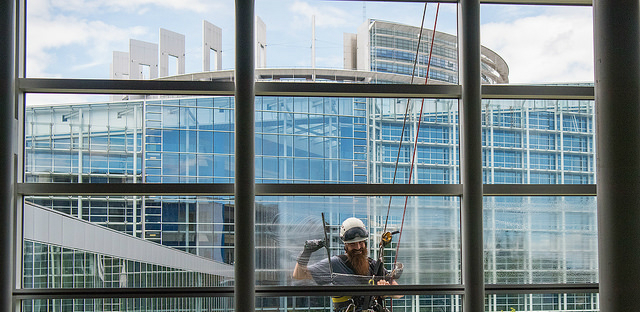
#AfterCAP | Uncertain Terrain but Targeted Suggestions from Alan Matthews
Alan Matthews assesses the terrain of competing forces in CAP reform, before suggesting some radical changes post 2020. […]

Alan Matthews assesses the terrain of competing forces in CAP reform, before suggesting some radical changes post 2020. […]
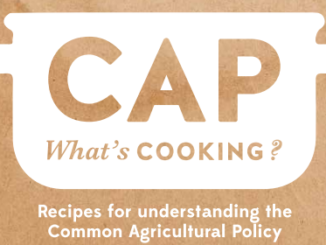
ARC2020 Coordinator Samuel Féret gives us a veritable cook book of the CAP – one that may have a master template, but with very varied national and regional editions. He also introduces some changes he’d like to see in Europe’s farming policy. […]
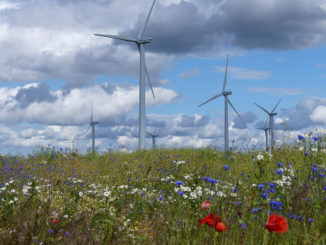
We join the millions and millions of people world wide committed to social justice, human rights, and environmental and cultural integrity. […]

In David Attenborough’s foreword to The State of Nature 2016, he writes: “…Nature is in serious trouble and it needs our help as never before.” The report singles out intensive agriculture and climate change as the two most serious threats to biodiversity in the UK. Agriculture still occupies 75% of the UK’s land area and the declining fortunes of mixed farming has led to consolidation and specialisation on a massive scale at landscape level. It is hardly surprising then, that the environmental impact of farming should be an issue of public concern. Look at this picture of a field with an over-wintered crop above: it is typical of thousands up and down the UK. Beneath the serried ranks of seedlings, criss-crossed with tracks that reflect the width of the spraying boom which passes periodically, countless farmland species struggle to adapt to what is often a hostile environment. The State of Nature editorial team identify earlier planting and regular spraying as important underlying factors in the way intensive farming impacts biodiversity. The study draws on long […]
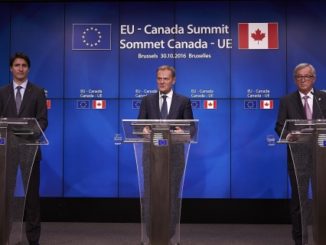
The Comprehensive Economic and Trade Agreement between the EU and Canada has been signed. A day in the sun for supporters of the trade agreement, who claim it will benefit both regions, opponents however point to a number of ratification hurdles and significant concerns which may, they claim, still scupper the deal. […]
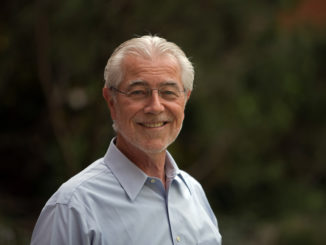
We need a radical transformation of agriculture and industrial food systems to deal with future challenges, says Hans Herren, In an interview published in the Foundation on Future Farming’s new brochure “Agriculture at a Crossroads”, he takes stock of the IAASTD’s impact and looks at the current debate on food and farming systems. […]
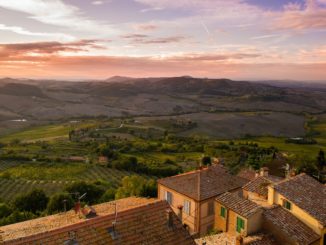
In our #AfterCAP debate opener, rural sociologist Jan Douwe van der Ploeg outlines his vision for what he calls integrated rural development. […]
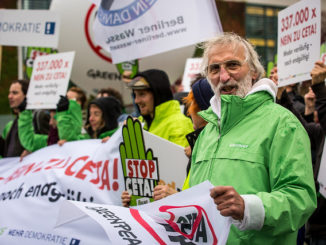
In what is a fast moving a still fluid situation, it appears the Walloon administration in Belgium may have made CETA signing conditional on a significant change – the international court element to the treaty may now, it appears, be subject to European Court scrutiny. […]
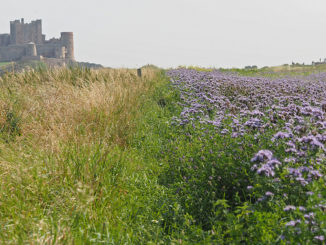
Agriculture Commissioner Phil Hogan appears to be sticking to his guns on the banning of pesticides in Ecological Focus Areas, despite the opposition of 18 EU Member States. So what’s next? […]
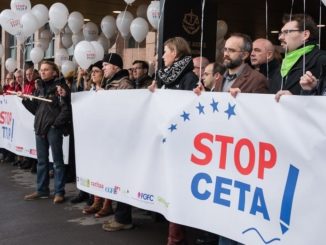
In what has been a dramatic few days of high level diplomatic wrangling, walk outs and crisis meetings, the Belgian region of Wallonia appears today (Monday) to be holding firm to its position that it will block ratification of CETA. Will Wallonia cave to the enormous pressure its under? And what’s next for the EU and CETA? Article includes text of Wallonia CETA parliamentary resolution. […]
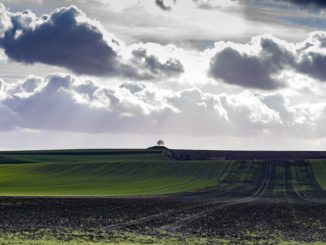
New data from Lower Saxony on the registration of ecological focus area (EFA) for 2016 are published. The data shows almost no changes: The EFA is still an expensive measure for taxpayers with little positive impact on biodiversity. Sebastian Lanker gives ARC2020 this exclusive on the topic. […]
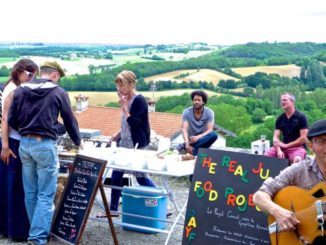
UK mainstream media dubbed it a “food waste supermarket” when it opened in September, but The Real Junk Food Project’s first warehouse in Pudsey, Yorkshire, is unlike anything that most people would describe as a supermarket. To be sure, it has shelves loaded with supermarket food products, alongside fresh produce from allotments and surplus products discarded by a food photography studio, but there is not a shelf-edge price label in sight. Instead, users are invited to “pay what they feel” – either in cash or in kind. Local supermarkets have agreed to donate stock which they can no longer sell legally, but is still fit for human consumption. In so doing, they save the cost of disposal and The Real Junk Food Project can “feed bellies, not landfill.” The depot is the latest in a series of projects and pop-up cafés that tackle food waste head-on. The Real Junk Food Project network has members across the UK, France and Germany: contact details can be found on its website at www.therealjunkfoodproject.org By loading the video, you […]
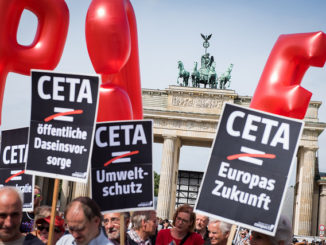
Barry Finnegan of ATTAC Ireland explains how Ireland’s upper house voted – by a single ballot – against CETA last week. He also points to the wider implications of this (albeit) non-binding vote – the first of its kind in an EU member state parliament. […]
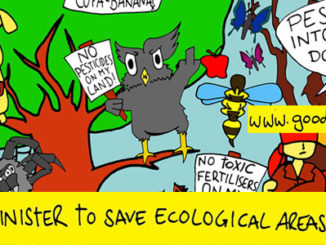
As part of CAP simplification, the European Commission is attempting to bring in some changes to greening. However a group of 18 Member States oppose three of the new, clear simple rules which happen to be stricter than the current rules. […]

UK prime minister Theresa May addressed he political party, the ruling Conservative party, at their conference at the start of the month. She tried to reassure the warring factions of that party that her plans for Brexit were on track. It’s clear she favours a hard – that’s complete – break from the EU, and not a soft – that’s partial – separation. […]
Agricultural and Rural Convention